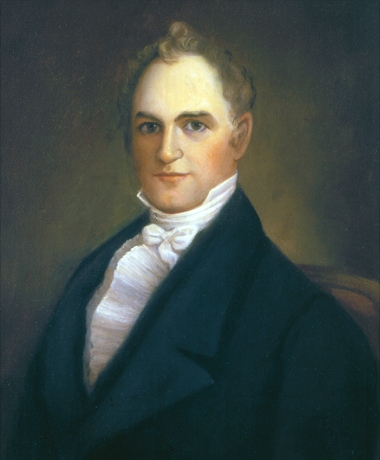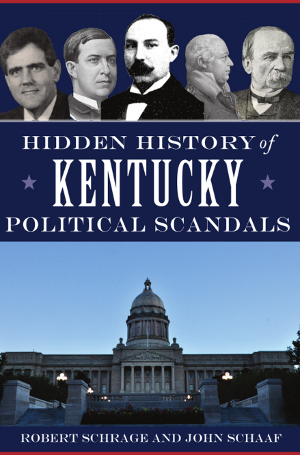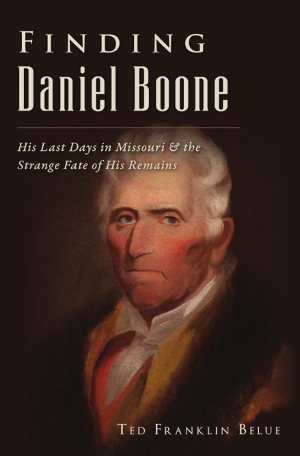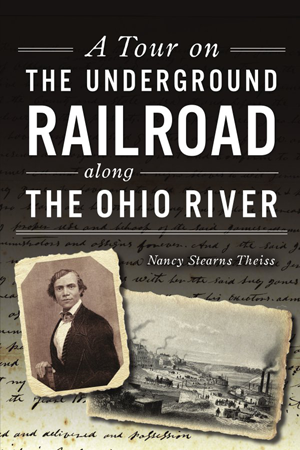
People often think of political scandals as modern-day occurrences, but nothing could be further from the truth. A chief executive who pardons his closest associates? How about a governor who pardons his own flesh and blood — because that’s exactly what happened in scandal-plagued state of Kentucky, all the way back in the 1820s.
A Bad Governor
Joseph Desha served as Kentucky’s ninth governor from 1824 to 1828. He was a farmer, a soldier, a local legislator, and finally a Kentucky congressman from 1807 to 1819. In 1824, he was elected governor, and Desha served four turbulent years. It is difficult to rank more than fifty governors who’ve presided over two centuries of statehood, but the case can be made that Desha has been the worst.
There were multiple controversies during Desha’s term, but one in particular stands out. It involved his family. In 1825, there was a high-profile trial for the murder of Francis Baker — high profile because the accused was Isaac Desha, the governor’s son. While visiting from Mississippi, Baker was robbed and murdered.
According to author Berry Craig, Baker’s body was “bloody, beaten, stabbed, and stripped.” The weapons were reportedly a leaded horsewhip and a knife.
The trial took place in the governor’s home county of Harrison. The judge was a friend of the governor’s, George “Peg Leg” Shannon. Isaac Desha’s attorneys included more powerful family friends. And yet the jury still found Isaac guilty of murder and robbery, with the penalty being death by hanging.
Related: Science Vs. Religion: The Scopes Monkey Trial
A Worse Pardon
Judge Shannon proclaimed the evidence “tainted” and ordered a new trial. This outcome caused widespread anger. A new trial did occur — and again, the jury found Isaac guilty and recommended the death penalty.
In the aftermath, Isaac tried to kill himself by slashing his throat. Doctors managed to save him by reconnecting his severed windpipe, but he still seemed likely to die. His father decided to pardon him.
Executives often make controversial pardons, but in this case, Isaac’s guilt had been clearly proven in two separate trials. Nobody thought he would survive his attempted suicide, but he did, which meant Isaac was a free man. It became Kentucky’s first political family scandal, and the criticisms followed the governor until he left office in 1828.
As Craig put it, “After the trial, a lot of people got the idea that in Kentucky if you were well connected you could get away with murder — literally.”
Want to learn more scandals that riddled Kentucky’s history? Check out Hidden History of Kentucky Political Scandals and other similar titles at arcadiapublishing.com!




